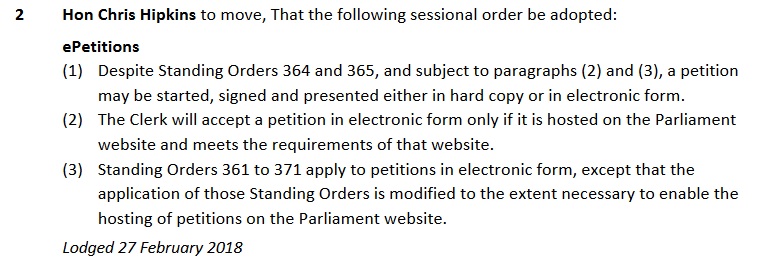I got my census form yesterday. The PR around the census is all about how it will provide data to enable the government to make better policy decisions. Quietly unmentioned: that the data you put on your census form will be combined with pretty much everything the government has in one giant pile called the Integrated Data Infrastructure for future data mining.
I've blogged about this before, back in 2016. I started by comparing the IDI to a certain dystopian science fiction TV show:
You are being watched. The government has a secret system which contains records of everything you have ever done. Where you went to school. Where you worked. How much you earned. Who you lived with. Your sexual orientation. Whether you have ever been a victim - or a suspect - of crime. Whether you have ever had a mental illness or addiction problem. Where you went on holiday. Whether you have been on a benefit. What drugs you have been prescribed, and for what conditions. Your census records. Whether you have had a sexually transmitted disease. Everything you have ever told a government agency, or anything they have learned or inferred or suspected about you, all in one big database for them to look through.
If you think that's overblown, take a look at the official list of
data in the IDI. It includes benefit records, CYFS records of "concerns", MSD data about whether people are "at risk" of becoming NEET (not in education, employment, or training - in other words, whether MSD thinks you will end up on a benefit), NCEA grades, border crossings, comprehensive health records including immunisations, prescriptions, and outpatient and inpatient records, tax records, driver's licence, any answers you gave to the General Social Survey - basicly, everything. Officially, it can't be searched for individuals, but that can always change, and its always available to police, immigration, or other agencies with a production order. It is one hell of a
capability to leave lying around in government hands, and the potential for abuse is almost endless.
This data was not gathered for the purpose of combining it with other datasets in this manner. We were never asked for our consent. Legally, they don't need it, because the data is "anonymised" (meaning "we know whose it is but we pinky-promise never to look"). Morally? Its all been gathered under false pretences and the government has systematically lied to us about what it is doing with our data.
(The fact that they could do that BTW also shows how worthless their promises never to identify specific individuals are. They've lied to us already about how they would use our data. Why would we place the slightest trust in their current assurances?)
Census data is a key component of the IDI. In particular, it allows Stats to create links across multiple data series, to identify (via an anonymous hash, of course) specific individuals and combine their records into a complete picture. By completing your census form, you are feeding this massive, privacy-invading beast. And
you have to do it:
failing to complete a census form or
providing false information are crimes, and Stats are gearing up to prosecute people for them. Chillingly, their
prosecution guidelines specifically target those who have "a strong negative attitude" towards invasion of privacy for prosecution.
But while we have to fill out our forms and feed big brother, we don't have to like it. And if you don't like it, I recommend you contact James Shaw, the Minister of Statistics (j.shaw@ministers.govt.nz) and politely let him know why. Politicians funded this beast, and politicians can (in theory) be convinced to de-fund it. But they won't do that unless we tell them. So, speak up. Its time to demand our privacy back.






